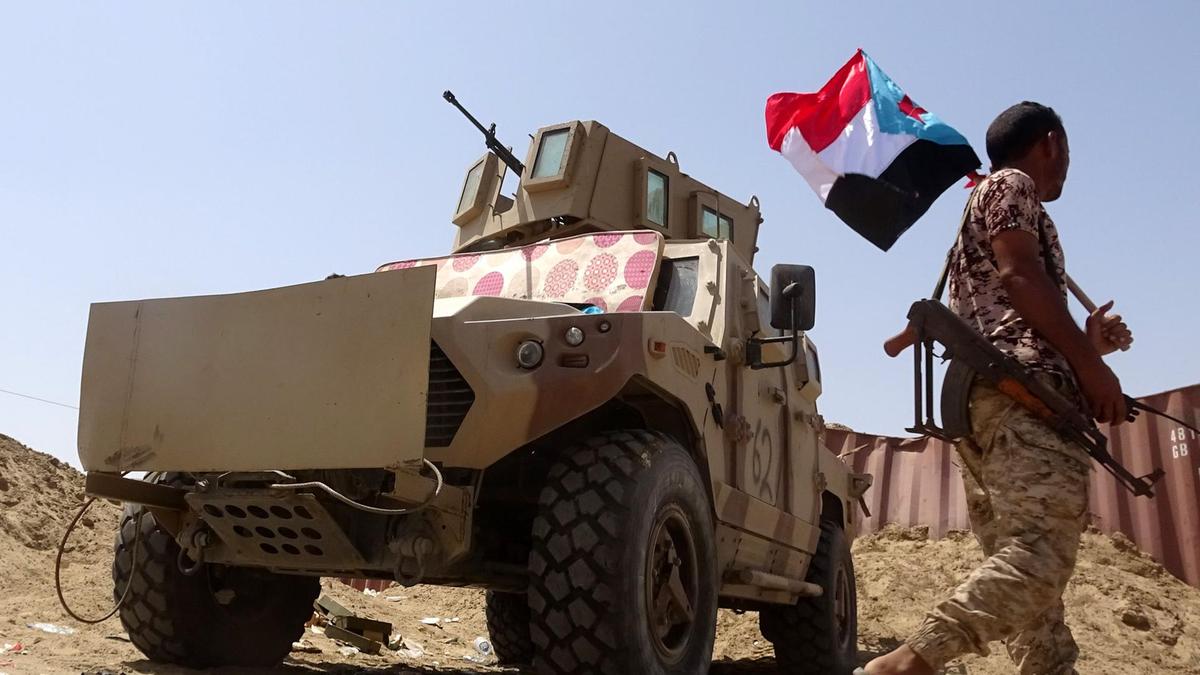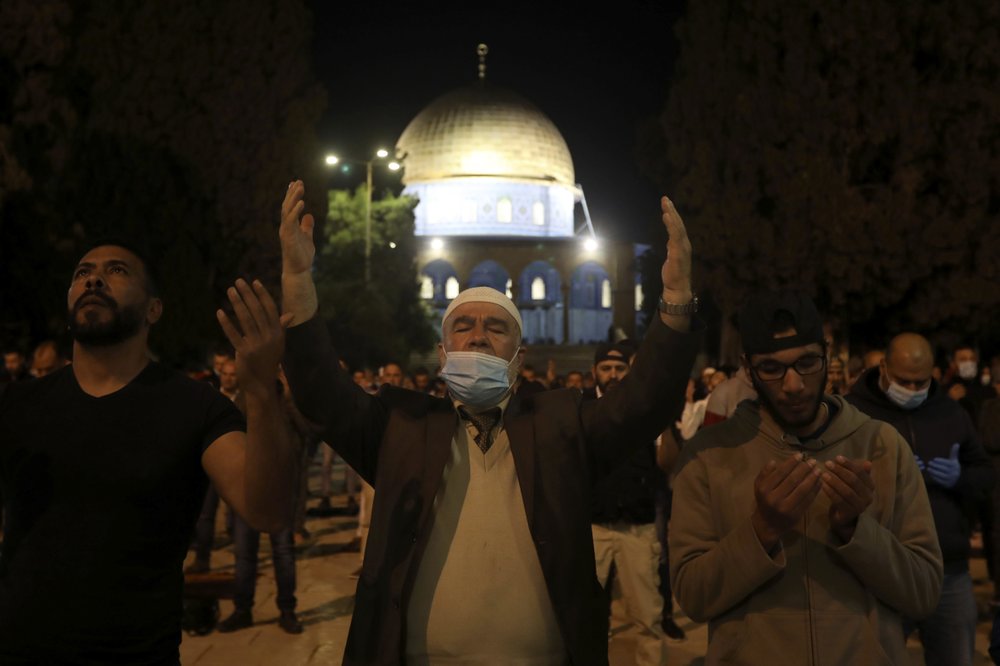Saudi Arabia is planning to introduce a proposal that aims to realize a power-sharing agreement to end the conflict in Yemen. Saudi officials have not made the framework available publicly, but the proposal has been shared with Reuters who released details of the plan on Thursday, May 18.
The framework aims to create conditions for a renewal of the Riyadh Agreement that was signed on November 5, 2019 after months of delay.
The two-month deadline for implementation of the agreement has long since passed, but Saudi Arabian diplomats are hoping to re-engage the Southern Transitional Council (STC) and the Saudi-backed Yemeni government to finally implement the power-sharing deal.
Developments
The Yemeni conflict continues to spiral out of control amid grave concerns over the impact of COVID-19 while its devastated healthcare facilities are unable to cope with an influx in infections.
NGOs like Doctors Without Borders (MSF) have called on combatants to cease hostilities amid an unfolding “catastrophe,” but fighting continues and a funding drive for Yemen failed to raise the $2.4 billion needed to avert disaster in the country.
Significant advances made by the Emirati-backed STC have further weakened chances of a successful implementation of the Riyadh Agreement. Since signing the agreement, the STC has declared self-rule over Aden and swaths of the country’s South in direct violation of the terms.
The STC’s actions have highlighted the fractured nature of Saudi-Emirati cooperation who now support opposing sides vying for control.
Saudi framework
The new Saudi proposal calls for an immediate ceasefire in the Abyan province where ongoing fighting continues to claim casualties on all sides. The STC rescinding their declaration of self-rule over the important port city of Aden would then follow the ceasefire, which could prove to be a hard sell for the Transitional Council who has now ruled the area for months.
If the STC does agree to rescind its emergency rule over the area, Saudi-backed Yemeni President Abd-Rabbu Mansour Hadi would proceed to appoint a governor and security chief in Aden and appoint a new prime minister.
The Hadi-appointed prime minister would then proceed to form a cabinet that would include politicians of the STC.
The formation of government would follow a full withdrawal of STC forces from Aden. The agreement would require STC’s military units to move to Abyan where they have been engaged in direct conflict with government forces.
Incentives
While the agreement demands significant concessions from the Emirati-backed STC, it is unclear what incentives it offers for compliance.
Two STC sources have already told Reuters they would want to see the government formed before they withdraw their forces from Aden, as it remains unclear if Saudi diplomats are offering the STC, or the UAE that backs them, a quid-pro-quo for abandoning hard-fought military gains.
Another sticking point of the agreement is that the implementation of the deal would return the country to a similar status quo that prompted the Shia Houthis, who are backed by Iran, to rebel against Hadi’s government in the first place.
Bilateral agreement
A June 18 Houthi communique made no reference to the Saudi proposal but instead brought attention to a decaying oil tanker off Yemen’s coast. The unaddressed threat could soon create a 1 million-barrel oil spill in the Red Sea.
The Saudi-backed coalition is continuing aerial raids against Houthi weapons depots as they advance towards Marib, a stronghold of the Saudi-led coalition. The Houthis in turn have launched drones against Saudi targets, prompting the Saudi-led coalition to threaten “rigorous measures.”
It appears that Saudi Arabia is hoping the framework will bring Emirati-backed forces back to its ranks in order to concentrate efforts against the Iran-backed Houthi forces.
While observers should see any reduction in violence as a positive development, true peace in Yemen can likely only be realized by addressing all fighting parties’ concerns.





